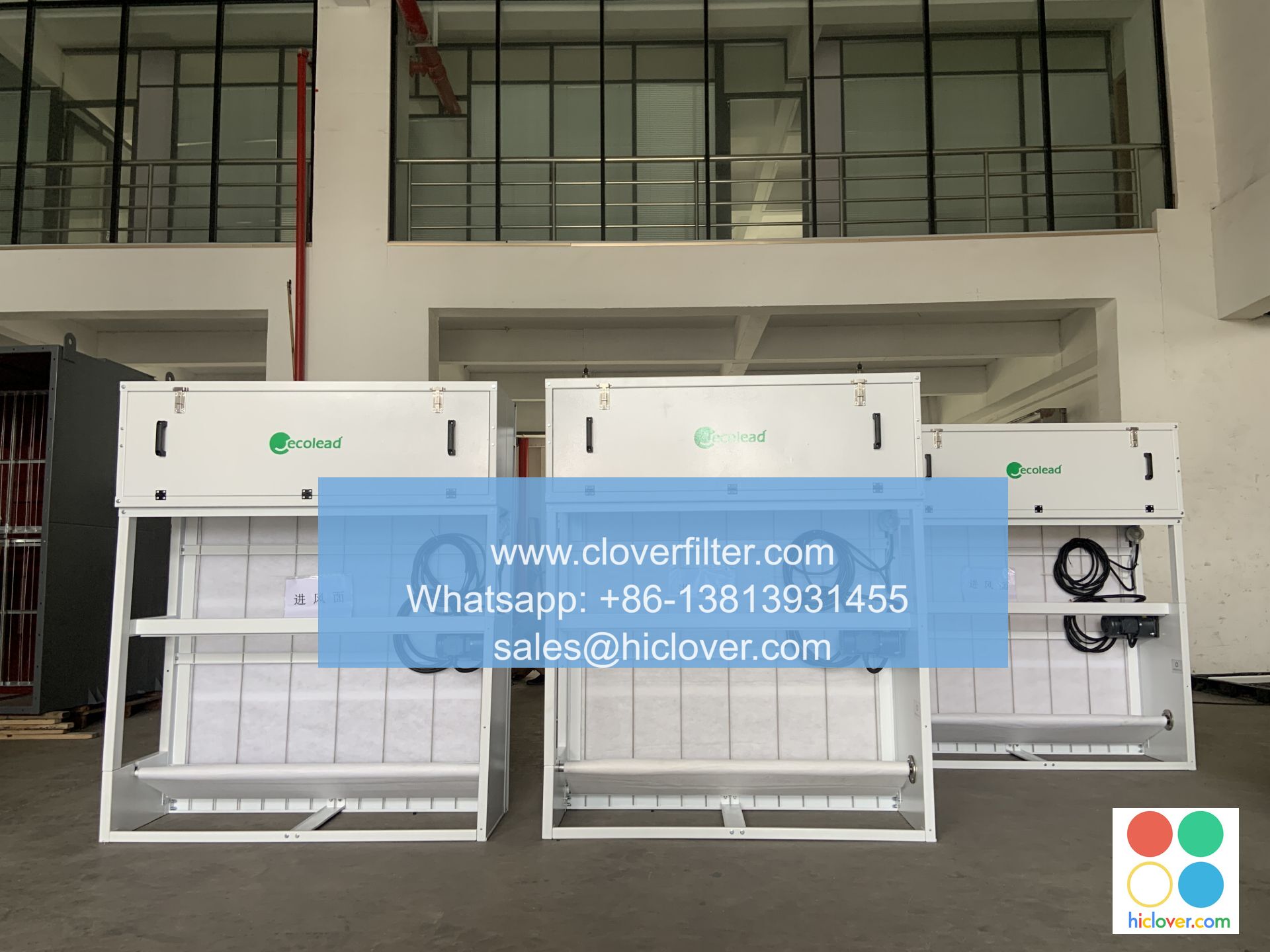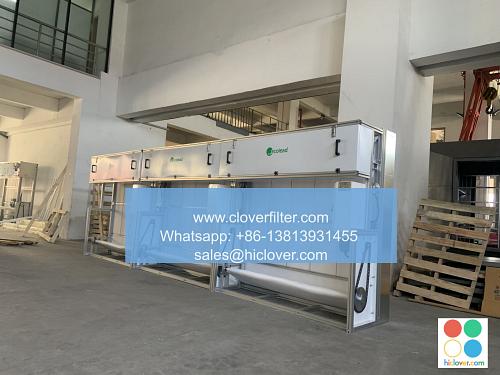Air Filter FAQs: Frequently Asked Questions Answered

Air filters are a crucial component in maintaining good indoor air quality, and they are used in a wide range of applications, including HEPA filtration systems, air purifiers, and HVAC systems. In this article, we will answer some of the most frequently asked questions about air filters, highlighting their importance in indoor air quality management, allergy prevention, and odor control.
What is an Air Filter and How Does it Work?
An air filter is a device designed to remove airborne pollutants, such as dust particles, pollen, and bacteria, from the air. It works by drawing in air and passing it through a filter medium, which traps the pollutants, allowing clean air to pass through. Air filters are commonly used in residential, commercial, and industrial applications to improve indoor air quality and reduce the risk of respiratory problems.
Types of Air Filters
There are several types of air filters available, each with its own unique characteristics and application areas. Some of the most common types of air filters include:
* HEPA filters: High-efficiency particulate air filters that can capture 99.97% of particles as small as 0.3 microns.
* Activated carbon filters: Designed to capture odors and gases, these filters are often used in air purifiers and HVAC systems.
* Pre-filters: Used to capture larger particles, such as dust and hair, these filters help extend the life of other filters.
* Electrostatic filters: These filters use electrostatic charges to attract and capture airborne particles.
How Often Should I Replace My Air Filter?
The frequency of replacing an air filter depends on several factors, including the type of filter, usage, and indoor air quality. As a general rule, air filters should be replaced every 1-3 months to ensure optimal performance and indoor air quality. However, this may vary depending on the specific application area and usage patterns.
What are the Benefits of Using Air Filters?
The benefits of using air filters are numerous and well-documented. Some of the most significant advantages of air filters include:
* Improved indoor air quality: Air filters can remove airborne pollutants and allergens, reducing the risk of respiratory problems and allergic reactions.
* Reduced odors: Air filters can capture odors and gases, improving the overall indoor air quality and comfort level.
* Increased energy efficiency: By reducing the amount of airborne pollutants and debris, air filters can help improve the energy efficiency of HVAC systems and air purifiers.
Conclusion
In conclusion, air filters are a crucial component in maintaining good indoor air quality, and they are used in a wide range of applications, including HEPA filtration systems, air purifiers, and HVAC systems. By understanding the different types of air filters, their benefits, and how often to replace them, individuals can take steps to improve their indoor air quality and reduce the risk of respiratory problems and allergic reactions. Whether you’re looking to improve the air quality in your home, office, or industrial facility, air filters are an essential tool in indoor air quality management and allergy prevention. You haven’t asked a question or provided a topic for discussion. What would you like to talk about?

